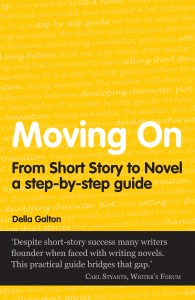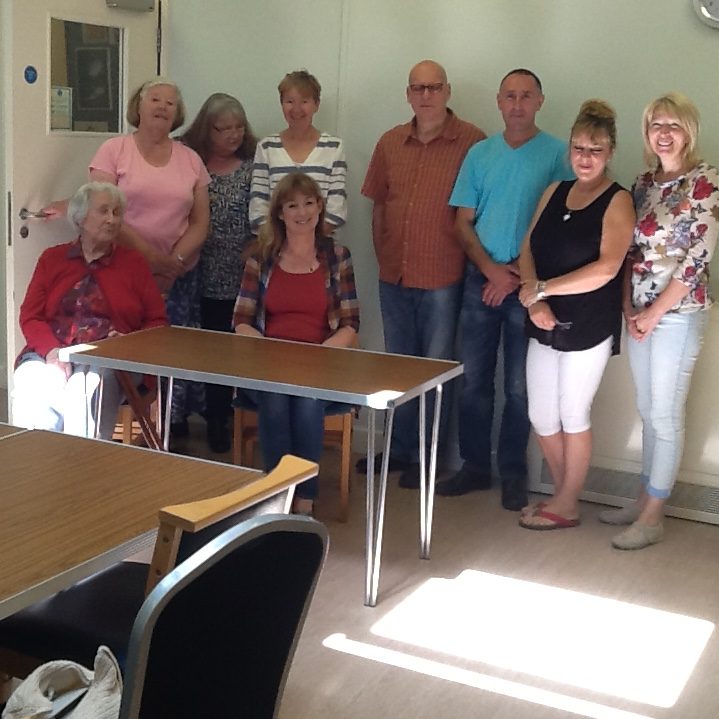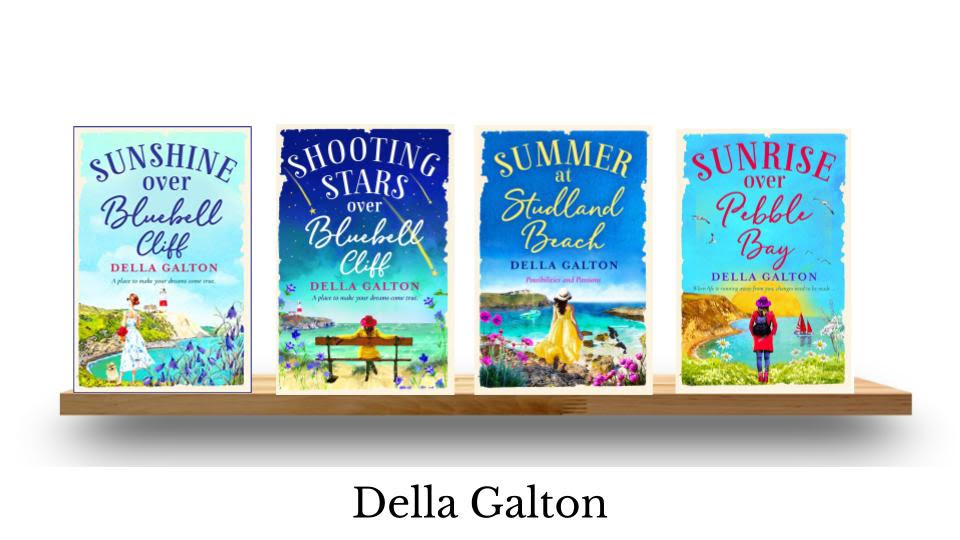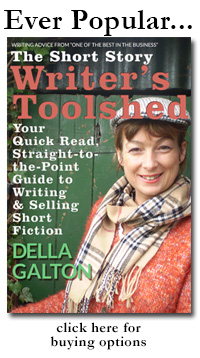The New Year Resolution That Went Wrong by Karla Brecon
You don’t look too clever, Trace?
Don’t feel it, Marge.
What happened to you?
Last year’s New Year’s Resolution, that’s what!
Which was?
Just say no. And I did. To everything.
Everything?
Yep!
What, cigs?
Yeah.
Drinks?
Yeah.
Food?
Yeah. Fetched me up in here, it did, in the end.
Dehydrated I expect?
Yep.
And anorexic?
Yep.
Stressed?
Yes, yes, YES. OK!
Sorry, I’m sure!
‘S’all right… Well, now we know why I’m here. How about you?
Same thing. New Year’s Resolution that went wrong.
What was yours then?
To prove you don’t need an aeroplane to fly.
Busted much?
Nearly everything. I can get about though, with the crutches like. Ooh, can I smell lunch?
Reckon so.
You having any, Trace?
Well I’d like to but …
Oh, yeah … you can’t, can you?
No. How ‘bout you, Marge? You having some?
No. I’ve arranged for the window-cleaner to let me into his crate while all the nurses are busy, with lunch.
Going to have another go, then?
Got to, ain’t I? New Years Resolution, weren’t it?
Long way down, from the 29th floor
You need a bit of height, don’t you, for flying?
Suppose so. ‘Ere, we both done well ain’t we, Marge, with our resolutions?
I’ll say. You going to carry on sticking to yours, the whole year?
Yeah – if it kills me
Same here. Well, must … er …
Fly, Marge?
You got it, Trace. Fly. Ta ta, then. Nice seeing you
Ta ta Marge. You too!
Well done, Karla, for brightening up a very dull day in Dorset! You made me laugh out loud. This was so clever and funny. I loved it.
Commiserations to the rest of the shortlist.
Veronica – I loved your twist.
Ginny – I loved the voice of the narrator.
Hilary – you made me laugh.
Alyson, your story was wonderfully original too.
Carrie, you also made me laugh with your clever twist.
Many thanks for entering.
If you haven’t won you can buy a signed copy of Moving On – Short Story to Novel for a discounted price of £7.99 plus post and package by emailing me on dellagalton@yahoo.co.uk before the end of January.
Don’t forget. If you are interested in exploring Flash Fiction in more detail I am running a Flash Fiction course in Bournemouth on Saturday 28 April. The course runs from 10.00 a.m. till 4.00 p.m. and costs £35.00
If you have entered this competition you are entitled to a £5.00 discount on the cost – just mention this when you email me to book.











